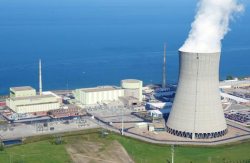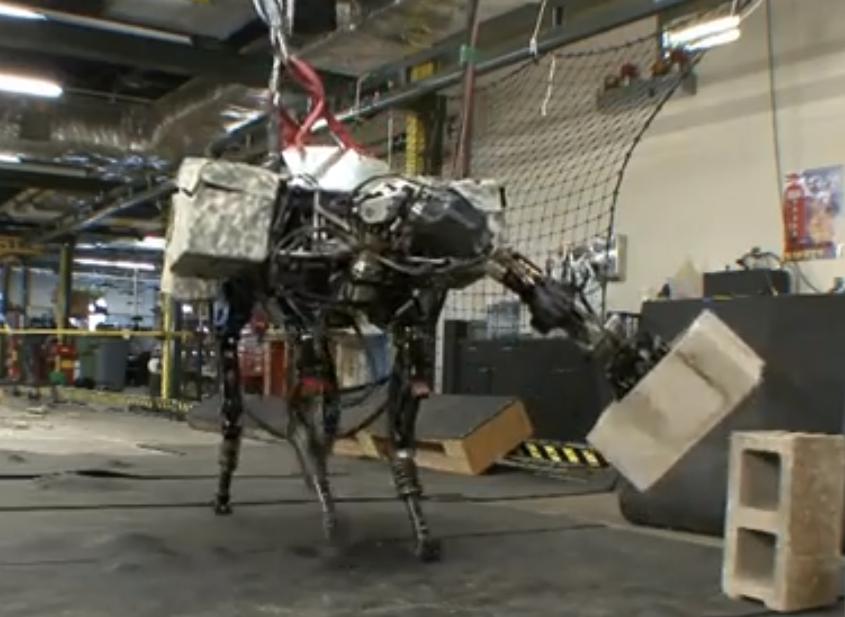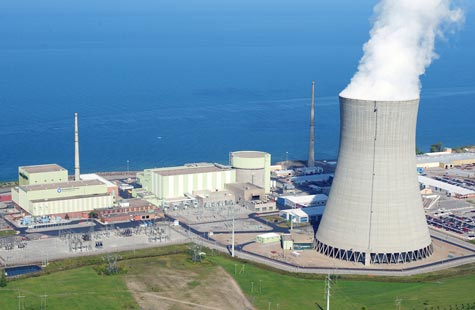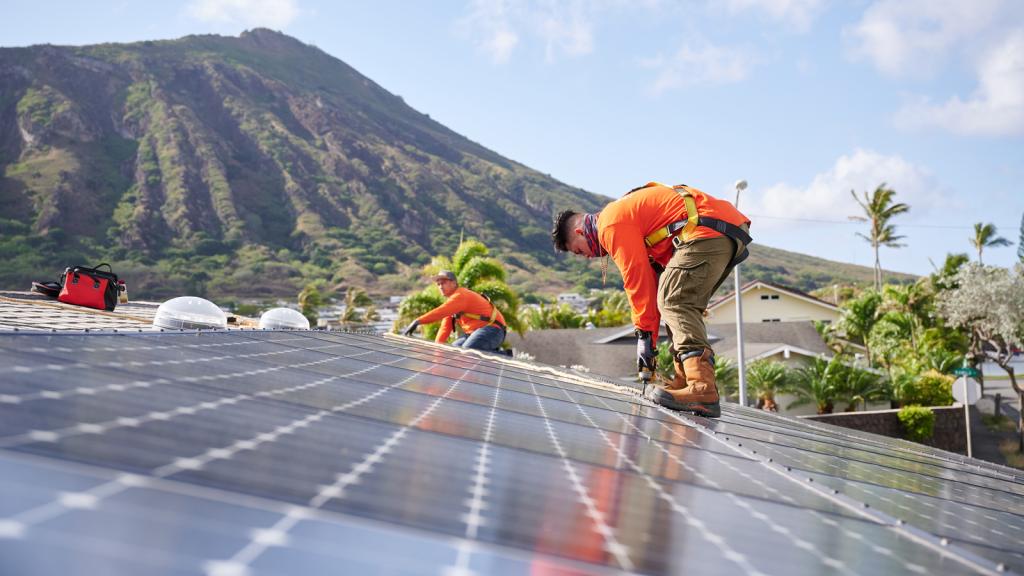
Constellation Energy GroupNine Mile Point Nuclear Station in New York could use a couple radiation filters.
How much should a nuclear power plant operator spend to prevent radiation from spewing into the air during an accident, à la Fukushima and Chernobyl?
The answer, according to staff of the U.S. Nuclear Regulatory Commission, is $20 million per reactor. That’s the price tag for a filter that could be fitted to a reactor’s vent to capture radiation during an accident.
Many reasonable people might think that $20 million is a reasonable price to pay to prevent the potential contamination of the air and land with deadly radiation. Germans apparently think so: Such filters are installed at all nine of that country’s nuclear reactors. Japan gets it: After the Fukushima meltdown, the nation is requiring radiation filters to be installed on all reactors. All quite reasonable.
But the executives running America’s nuclear power plants don’t seem to be so reasonable. As NRC commissioners prepare to vote as soon as this week to adopt or reject their staff’s recommendation that they mandate the use of such filters in some of the nation’s oldest reactors, industry is lobbying in opposition. The problem? Companies don’t want to spend the money. From Bloomberg:
A proposed requirement that U.S. nuclear-power plants add $20 million devices to prevent radiation leaks, one of the costliest recommendations stemming from meltdowns in Japan two years ago, has attracted a flurry of last-minute lobbying.
The U.S. nuclear industry opposes the rule, which would require almost a third of the nation’s reactors to install a special filter on vents designed to prevent an explosive buildup of gases. Exelon Corp., which owns more U.S. reactors than any other company, estimates each filter would cost $20 million, meaning the Chicago-based company could end up paying $220 million to equip its units. …
The industry prefers a plant-by-plant approach to the question of whether filters are necessary.
Needless to say, not everybody thinks that power plant operators should be allowed to save money at the potential expense of human health and lives. From the same article:
Supporters of the measure say it is overdue and consistent with what the rest of the world is doing. Japan announced last year that filtered vents will be required on its reactors. Other nations that use or are considering filtered venting systems on their reactors include Taiwan, Spain, Switzerland, Finland, Sweden, France and the Netherlands, according to the NRC.
“The tens of millions of Americans who live near the affected reactors located in 15 states should not face additional delays,” a dozen Democratic senators led by Barbara Boxer of California and Ron Wyden of Oregon wrote in a Feb. 20 letter [PDF] to NRC Chairman Allison Macfarlane.
So stay tuned to find out whether the NRC, under the new leadership of Macfarlane, will prioritize energy-company penny pinching or protection of humanity.



